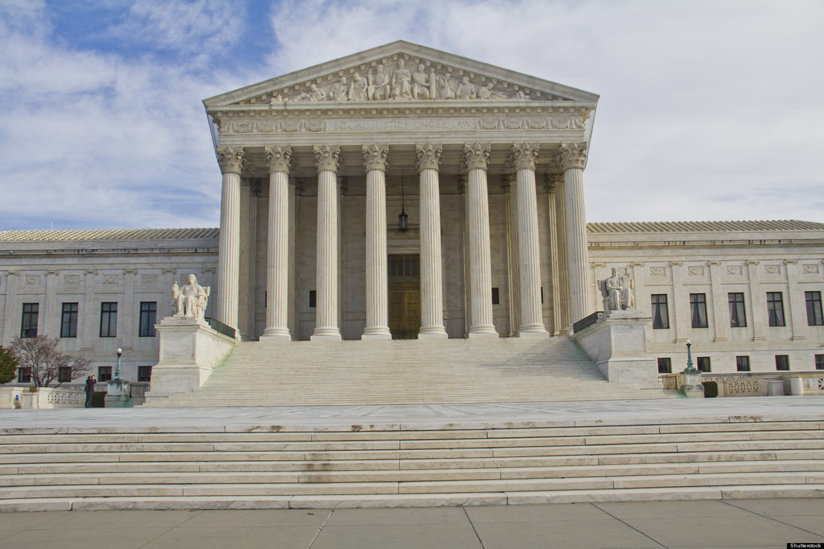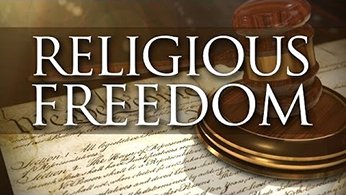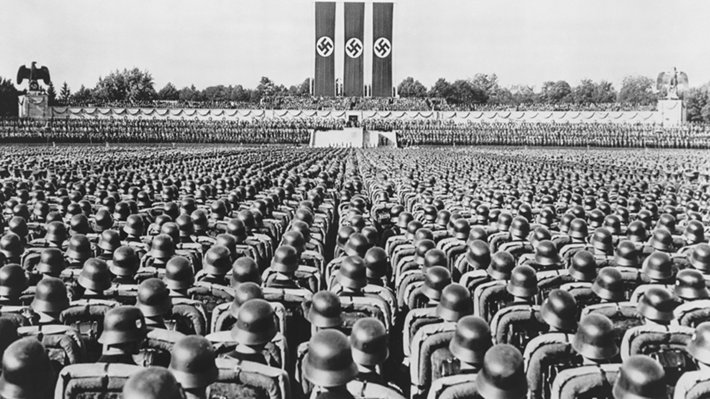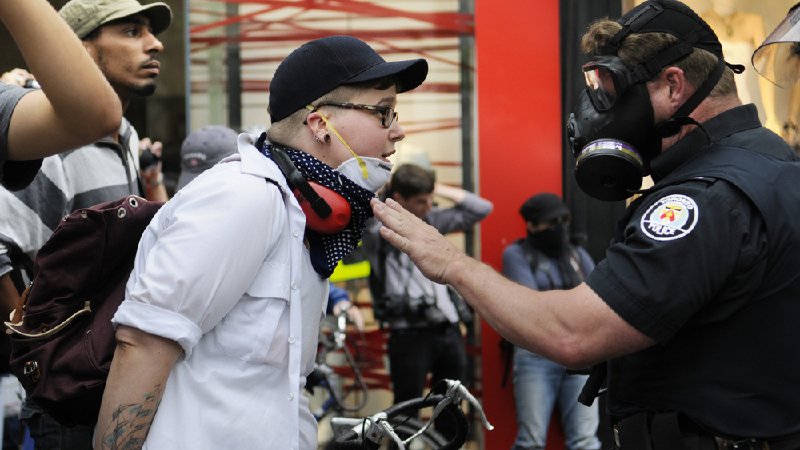
-
HOME
-
WHAT IS STANDOur Mission Our Values Our Help Contact
-
WHAT WE FIGHT FORReligious Freedom Religious Literacy Equality & Human Rights Inclusion & Respect Free Speech Responsible Journalism Corporate Accountability
-
RESOURCESExpert Studies Landmark Decisions White Papers FAQs David Miscavige Religious Freedom Resource Center Freedom of Religion & Human Rights Topic Index Priest-Penitent Privilege Islamophobia
-
HATE MONITORBiased Media Propagandists Hatemongers False Experts Hate Monitor Blog
-
NEWSROOMNews Media Watch Videos Blog
-
TAKE ACTIONCombat Hate & Discrimination Champion Freedom of Religion Demand Accountability
Masterpiece Cakeshop and The Need For Tolerance and Respect
The Supreme Court recently handed down a victory to Masterpiece Cakeshop in Lakewood, Colorado, and its owner, baker Jack Phillips, who refused to make a wedding cake for a gay couple as he felt that providing cakes for gay weddings was opposed to his deeply held Christian faith.

The majority did not attempt to reach the central issue of whether wedding service providers such as bakers and florists can refuse to assist gay weddings on religious grounds without violating laws that prohibit businesses from discriminating. Instead, they pointed out that the Colorado Civil Rights Commission, which issued the decision against Masterpiece that Phillips appealed, showed a “clear and impermissible hostility toward the sincere religious beliefs motivating his objection. … Some of the commissioners… disparaged Phillips’ faith as despicable and characterized it as merely rhetorical, and compared his invocation of his sincerely held religious beliefs to defenses of slavery and the Holocaust. No commissioners objected to the comments.”

The case has been polarizing from the beginning and the Court’s decision has been criticized by those who believe that the justices should have taken a stand against discrimination. Supporters of the baker’s position who think the court evaded the issue and are afraid that the Court will issue a future decision that forces individuals to violate their deeply held beliefs.
Personally, I think that the Court made the best possible decision that it could and one that might possibly lead to a better outcome in the long run. One reason, I admit, is personal. As a Scientologist and one who believes religion is a vital force in society, I do not like to see religious beliefs belittled. I feel vindicated that seven Supreme Court justices agree that it should not be condoned. But the greater reason is that without a climate of mutual respect and tolerance of differing views, we will never resolve the underlying question in a way that makes society better.
Until society reaches a higher level of tolerance and mutual understanding, civil rights commissions and courts will still have work to do.
Neither discrimination nor suppression of the individual’s right to believe and act on his or her beliefs is acceptable. As a Scientologist, I have had to stand up to discrimination against my own religion and have also stood up for the rights of others. I am also very proud of the long tradition in Scientology of standing strongly for the integrity and inviolability of the human mind and spirit. I don’t personally see why those two positions have to be in conflict, though I will acknowledge that it can take a lot of work and willingness to look, for them to be balanced.

Courts and everyday citizens always face a dilemma when two inalienable rights seem to be on a collision course. Unfortunately, as in the current case, the situation is often made worse by opposing sides drawing up in lines of battle and refusing to acknowledge any possibility of rightness in the contrary position.
Until society reaches a higher level of tolerance and mutual understanding, civil rights commissions and courts will still have work to do. I believe that the Masterpiece opinion will make such bodies more aware of the need to produce decisions, however they rule, that are respectful to the rights of both sides and provide at least some hope for reconciliation.









